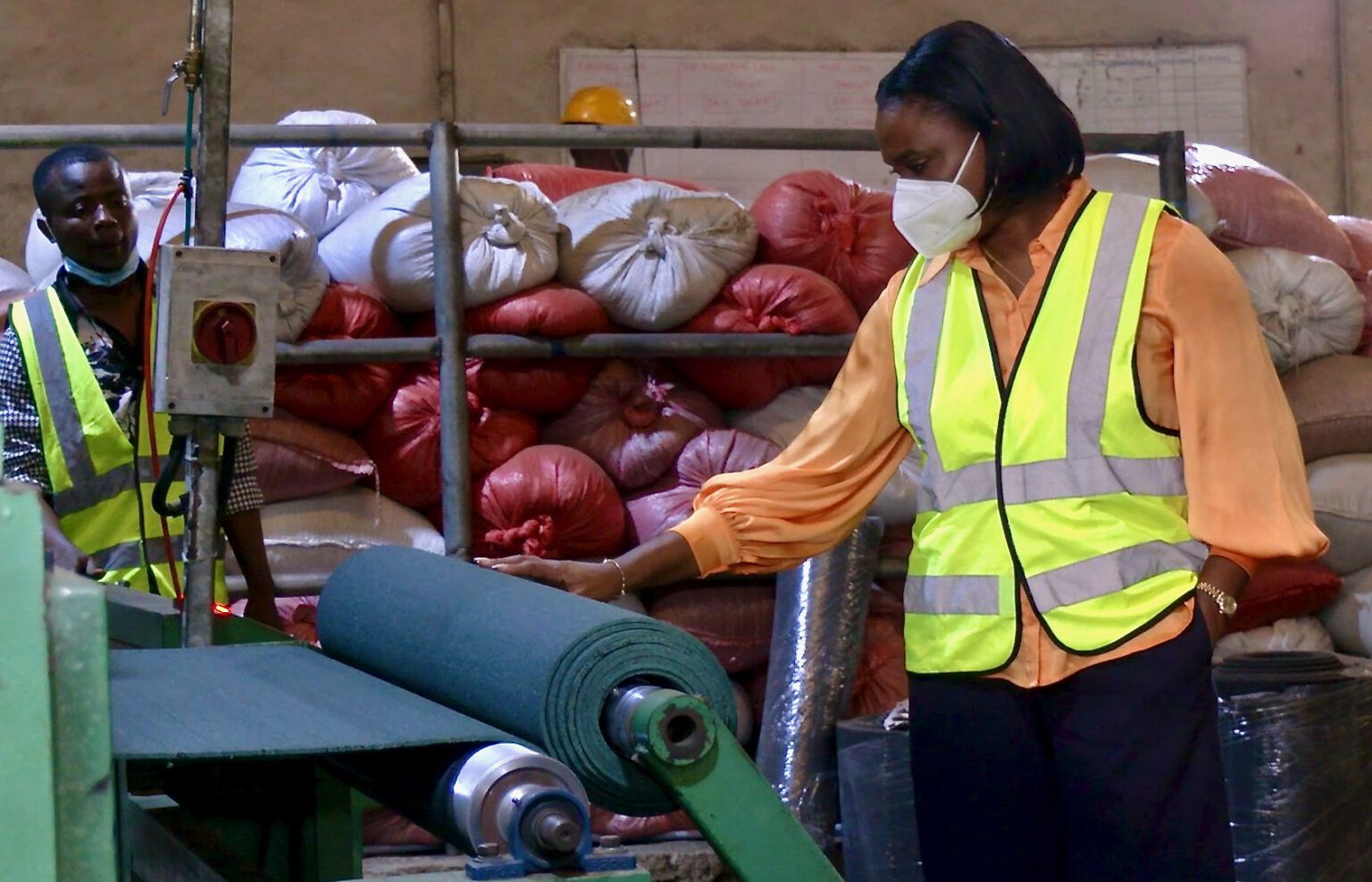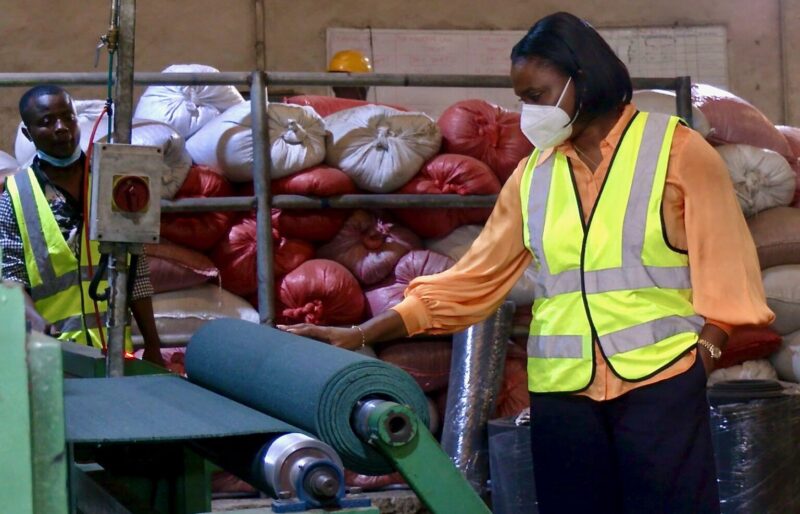
Nigeria is at a turning point in its pursuit of economic diversification and sustainable development. With global calls for circular economic practices growing louder, recycling has become more than an environmental necessity; it is now an economic opportunity.
One area with untapped potential is rubber recycling, an industry that could create jobs, save costs, drive innovation, and significantly contribute to Nigeria’s Gross Domestic Product (GDP). Like many other countries, Nigeria grapples with the growing problem of waste management. Used tires and rubber products often litter streets, clog drainage systems, and contribute to flooding in urban areas. Beyond environmental hazards, these wastes represent a valuable resource waiting to be harnessed. Freee Recycle, a Nigerian waste recycling and rubber manufacturing company, has penetrated this market. In just over four years, Freee Recycle has cleared more than 15,000 drainages and recycled over 300,000 tires.
Globally, rubber recycling is a multi-billion-dollar industry. Recycled rubber is used in producing road asphalt, playground surfaces, roofing materials, shoe soles, industrial products, and even energy generation. If Nigeria scales up its rubber recycling sector, it could transform a waste management challenge into an engine of economic growth. According to a recent research, the Nigerian Reclaimed Rubber Market is projected to peak in 2027 at 0.08%, showing that this is a promising market to be invested in.
Recycling industries are labor-intensive and have the capacity to create thousands of jobs. From collection and sorting to processing and product manufacturing, rubber recycling can generate employment across the value chain. With Nigeria’s youth unemployment rate at worrying levels, the industry offers a pathway to inclusive job opportunities, especially for small and medium-sized enterprises (SMEs). Nigeria spends billions annually importing raw materials for construction, manufacturing, and energy. By recycling rubber locally, the country can reduce reliance on imports such as industrial rubber, synthetic flooring, and asphalt additives. This not only saves scarce foreign exchange but also strengthens Nigeria’s local industries and supply chains.
One of the most promising uses of recycled rubber is in road construction. Rubber-modified asphalt is proven to be more durable, cost-effective, and environmentally friendly. Given Nigeria’s urgent need for better road infrastructure, adopting rubber-based asphalt can improve transport networks while growing the market for recycled products.
Recycled rubber products are in demand globally. With the right investment and regulatory framework, Nigeria could position itself as an African hub for rubber recycling and export finished products to regional and international markets. This would directly add to GDP growth and improve Nigeria’s trade balance.
For Nigeria to unlock the economic potential of rubber recycling, there must be stronger investments in the sector and greater involvement of companies across the recycling value chain. Additionally, public–private partnerships can expand infrastructure for waste collection and processing, while targeted funding will enable SMEs to acquire advanced tools and machinery that improve efficiency.








